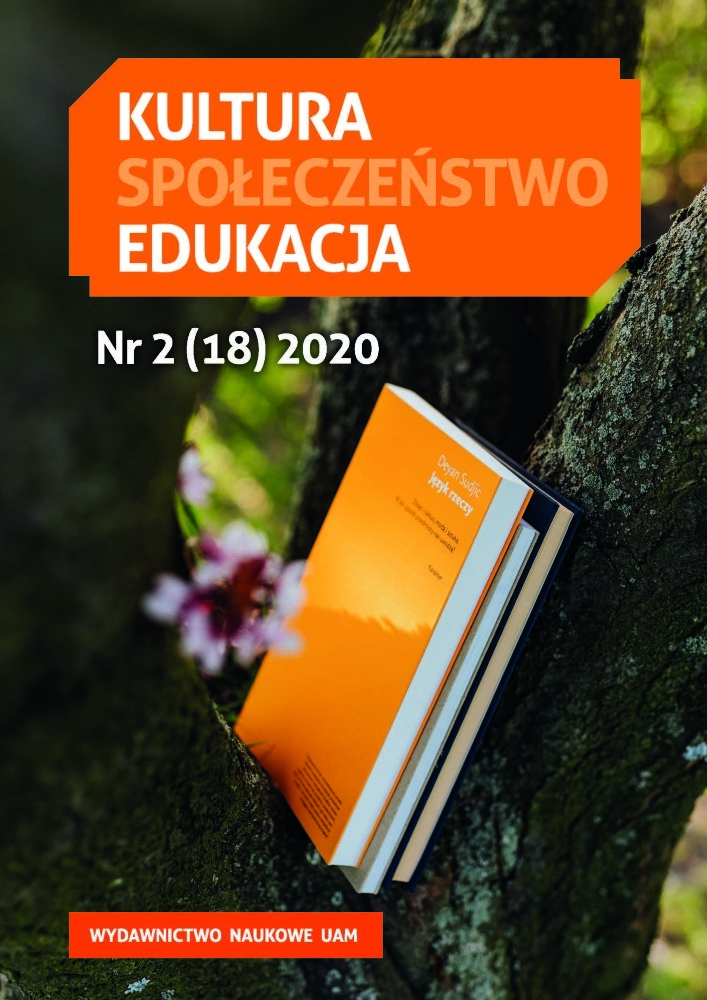Abstrakt
The article discusses the legal and systemic issues of the creation of a modern mediation institution in Georgia. It discusses Georgia’s historic experience traditions of settlements of disputes by means of peaceful methods, part of which are still preserved in the high mountainous regions of the country. In 2013, the country was also introduced to the mediation for settlement of collective labour disputes, which is implemented by active involvement from the government. Already existing statistics demonstrate that mediation in the given sphere is effective and actually serves for the settlement of disputes between employers and groups of employees. In 2019, Georgia adopted the law on mediation, which regulates the issue of private mediation conduction and
execution of achieved agreements. Mediators training and professional development system were created. By the adoption of the given Law ended the almost eightyear phase of mediation legal and institutional regulation,which, according to the opinion of the author of the article, was a process prolonged in time. Unified Law could have been adopted at the early stage of the reform which would have made the process of extensive usage of mediation in the country faster. As reason for introduction of mediation institution in Georgia is named the obligations of the country in the process of integration with the European Union, overloading of civil courts in the country and prolonged disputes.
Bibliografia
Charitonaszwili N. (2018–2019), Mediacja w notariacie gruzińskim. Alternatywne rozwiązywanie sporów.
Czawczawadze I. (1886), O sądach pokoju, „Iweria”.
Dawitaszwili G. (2004), Organizacja i postępowanie sądowe w gruzińskim prawie zwyczajowym, Tbilisi.
Georgia Civil Procedure Rules (n.d.), https://matsne.gov.ge/ka/document/view/29962?publication=144 [access: 15.10.2020].
Gwinianidze L. (2019), Centre for Education and Civil Rights, https://emc.org.ge/uploads/products/pdf/%E1%83%A8%E1%83%A0%E1%83%9D%E1%83%9B%E1%83%98%E1%83%97%E1%83%98_%E1%83%9B%E1%83%94%E1%83%93%E1%83%98%E1%83%90%E1%83%AA%E1%83%98%E1%83%98%E1%83%A1_%E1%83%99%E1%83%95%E1%83%9A%E1%83%94%E1%83%95%E1%83%90_1549948160.pf [access: 13.10.2020].
Mediation Act „Wiadomości Ustawodawcze”, Gruzja (2019), https://matsne.gov.ge/ka/document/view/4646868?publication=1 [access: 14.10.2020].
Oniani S. (2020), Center for Crime Prevention, http://prevention.gov.ge/prevention.gov.ge/uploads/files/2015/20150831.pdf [access: 15.10.2020].
Tsulukiani A. (1990), Swański Sąd Doradczo-Mediacyjny, „Państwo i Prawo”.
UNDP-Georgia, Georgian public and business perceptions of mediation and arbitration, https://www.ge.undp.org/content/georgia/ka/home/library/democratic_governance/mediation-arbitration-research.html [access: 17.10.2020].
Licencja
Prawa autorskie (c) 2020 Megi Bibiluri

Utwór dostępny jest na licencji Creative Commons Uznanie autorstwa – Bez utworów zależnych 4.0 Międzynarodowe.

